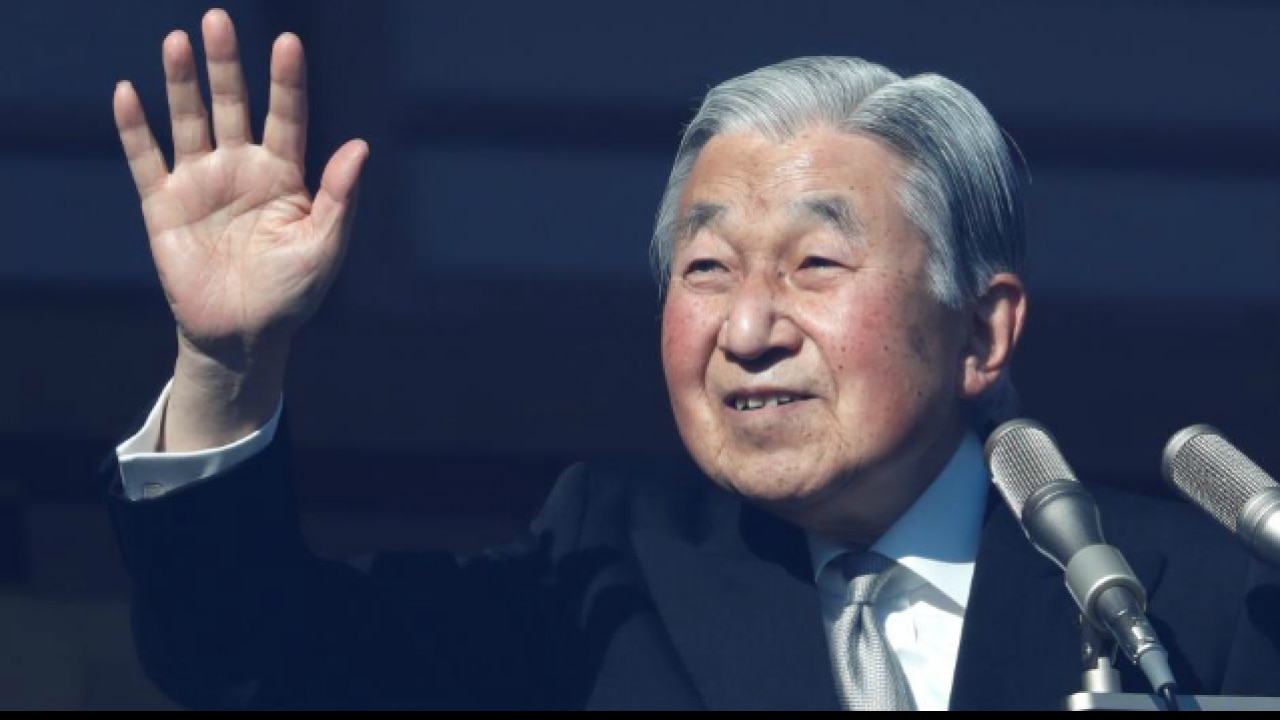
Is monarchy in japan relevant in today's age?
- Select a language for the TTS:
- UK English Female
- UK English Male
- US English Female
- US English Male
- Australian Female
- Australian Male
- Language selected: (auto detect) - EN
Play all audios:
Monarchy for public good and in public interest is welcome for Japan and the world too Last week Japan's Emperor Akihito abdicated the throne – the first one to do so in the last two
centuries or so – and handed over the reins to his son Naruhito, primarily due to health reasons. The Emperor in Japan is ceremonial and does not take day-to-day decisions. In a sense, his
position is somewhat similar to that of the Queen of the United Kingdom – both rule but do not govern. In today's world with deep-rooted democracy in the UK for a very long period of
time, and also in Japan especially after the Second World War, it is unconvincing that monarchy should be allowed to co-exist with democratic framework of government. It appears to be
anachronistic. But, the fact of the matter is that monarchy has flourished and is still being cherished and nurtured in certain countries of the world, and in the instant piece we are
discussing about Japan. It is said that though the Emperor in Japan does not govern – a job which is done by the democratically elected government headed by the Prime Minister – yet he sets
the tone for the country's priorities and the direction to be taken in future. Interestingly, the Emperor cannot take decisions for implementation by himself; these have to go through
the process of approval by the elected representatives. For instance, he had decided about three years ago to abdicate the throne, but could do so only after his wish was given a practical
shape by following the entire process of parliamentary approval; in this case a special act was passed which applies only to him and not the future emperors. Despite unprecedented
advancement in technology and economic development, gender equality – or rather inequality – in regal matters is disturbing. There is a fetish for the male descendant and the new Empress –
Masako, Harvard educated former diplomat – was under tremendous pressure to give birth to a son. The new Emperor, Naruhito, who is Oxford educated believes in syncing monarchy to the
changing times. This is an indication to the Japanese people that the royal family is tilted in favour of making realistic changes, which will, of course, be done after due support of the
elected legislature. Changes to be made with time are fine, but the question which is more pertinent is about the need and relevancy of the monarchy in the current scenario when the real
power is with the people, and in a democracy it is the "will of the people" which matters the most. Practically speaking, the role of the Emperor is nominal, still there are
occasions when certain positive signals can make a lot of difference for the people. Encouraging words act comforting and as a balm. Now Emperor Emeritus, Akihito, had used the soothing
words regarding atonement of sins of Japan for atrocities during the war. During the natural calamities faced by Japan, Akihito had showed his humane side and connected well with the
Japanese people. The earthquake in 1995 had killed almost 6500 people and the tsunami in 2011 killed about 16000 people. Unlike the earlier emperors, Akihito had directly connected with the
Japanese people by making an appeal to them to show compassion and love for each other. These gestures did go well with the world media too to create an image of Japan not as a belligerent
nation, but as being a country with passion for business and technology blended with a heart full of love and aiming towards global peace and development. As a sovereign nation with the will
of the people being the guiding light, it is for the Japanese people to decide as to whether they would like to live with the combination of monarchy and democracy, or would like to do away
with the monarchy. Till the time, the monarch is benevolent and does not interfere with the real functioning of the government by forcing his will, it seems to be doable to continue with
monarchy. Add with this fact the possibility of changing the present system to tune with the modern times, the monarchy doesn't look like forceful imposition of self-acclaimed
authority. Monarchy for public good and in public interest is welcome for Japan and the world too. _The author is a professor at IIM-A, _ [email protected]